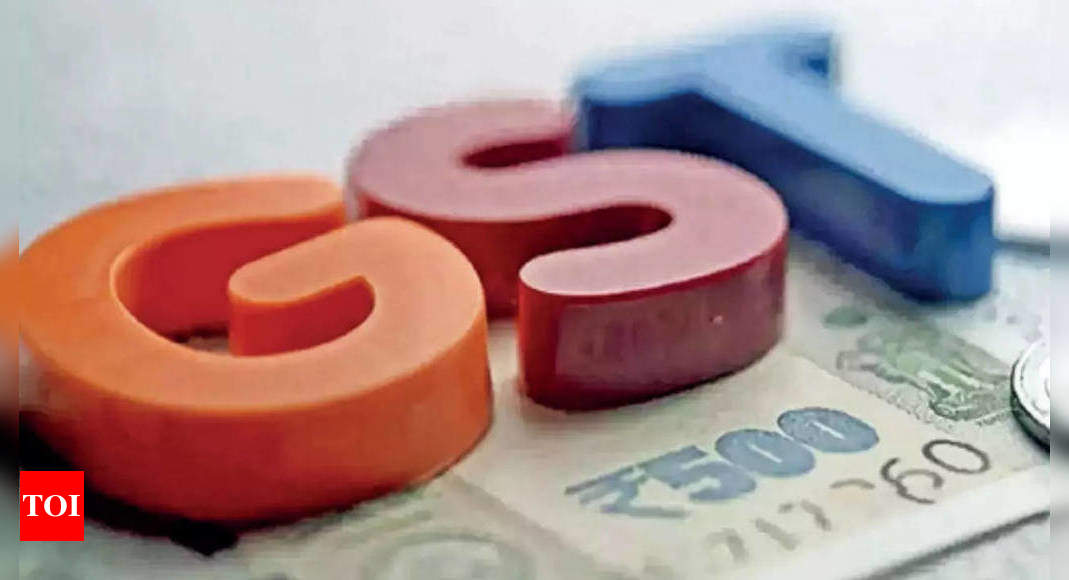[ad_1]
The recent decision by the GST council to impose a 28% tax on the full face value of bets in online gaming has left the industry in dismay. This decision is being viewed as a major blow to the gaming industry. Some industry experts are saying that iy can have potentially devastating consequences and the very survival at stake. It is aloso likely to lead to thousands job cuts and a decline in foreign capital inflow.
While the central government believes that this decision will boost revenue earnings from the sector, dissenting voices have emerged from the states of Goa and Karnataka, highlighting how this move could spell disaster for the online gaming industry.
In response to this development, the Goa government plans to reach out to finance minister Nirmala Sitharaman, urging a reconsideration of the decision. Mauvin Godinho, the Industry Minister of Goa, who also represents the state on the GST council, revealed that at the meeting, the state had proposed a 28% tax to be levied on the gross gaming revenue rather than on the full face value of bets or full value of consideration made. However, a consensus could not be reached at the meeting. Godinho added that Goa’s Chief Minister, Pramod Sawant, will take up the issue, and the decision will need to be reconsidered by the council.
The decision has also drawn criticism from Priyank Kharge, minister for IT/BT and rural development and Panchayat Raj, Karnataka. He argued that the 28% tax rate on the online gaming sector would hinder the country’s foreign direct investment (FDI) and startup ecosystem, potentially impacting India’s goal of achieving a $1 trillion digital economy by 2025.
Priyank took to Twitter to express his discontent stating, “Although I personally oppose all forms of gambling, implementing a flat 28% Goods and Services Tax (GST) on the gaming industry has significant negative implications. The tax applies uniformly, regardless of whether a game relies on skill or chance. It would have been beneficial to consider this decision more thoroughly, as it could hinder the achievement of the $1 trillion digital economy target by 2025. Additionally, the Indian gaming startup ecosystem, which has attracted $2.5 billion in investments, may suffer from reduced prospects of foreign direct investment due to this taxation.”
While the central government believes that this decision will boost revenue earnings from the sector, dissenting voices have emerged from the states of Goa and Karnataka, highlighting how this move could spell disaster for the online gaming industry.
In response to this development, the Goa government plans to reach out to finance minister Nirmala Sitharaman, urging a reconsideration of the decision. Mauvin Godinho, the Industry Minister of Goa, who also represents the state on the GST council, revealed that at the meeting, the state had proposed a 28% tax to be levied on the gross gaming revenue rather than on the full face value of bets or full value of consideration made. However, a consensus could not be reached at the meeting. Godinho added that Goa’s Chief Minister, Pramod Sawant, will take up the issue, and the decision will need to be reconsidered by the council.
The decision has also drawn criticism from Priyank Kharge, minister for IT/BT and rural development and Panchayat Raj, Karnataka. He argued that the 28% tax rate on the online gaming sector would hinder the country’s foreign direct investment (FDI) and startup ecosystem, potentially impacting India’s goal of achieving a $1 trillion digital economy by 2025.
Priyank took to Twitter to express his discontent stating, “Although I personally oppose all forms of gambling, implementing a flat 28% Goods and Services Tax (GST) on the gaming industry has significant negative implications. The tax applies uniformly, regardless of whether a game relies on skill or chance. It would have been beneficial to consider this decision more thoroughly, as it could hinder the achievement of the $1 trillion digital economy target by 2025. Additionally, the Indian gaming startup ecosystem, which has attracted $2.5 billion in investments, may suffer from reduced prospects of foreign direct investment due to this taxation.”
[ad_2]
Source link











More Stories
Google Maps: Three privacy features coming to Google Maps on Android, iPhones
Most-Downloaded IPhone App: This Chinese app was the most-downloaded iPhone app in the US in 2023
Ukraine’s largest mobile operator goes offline for millions of users after cyber attack